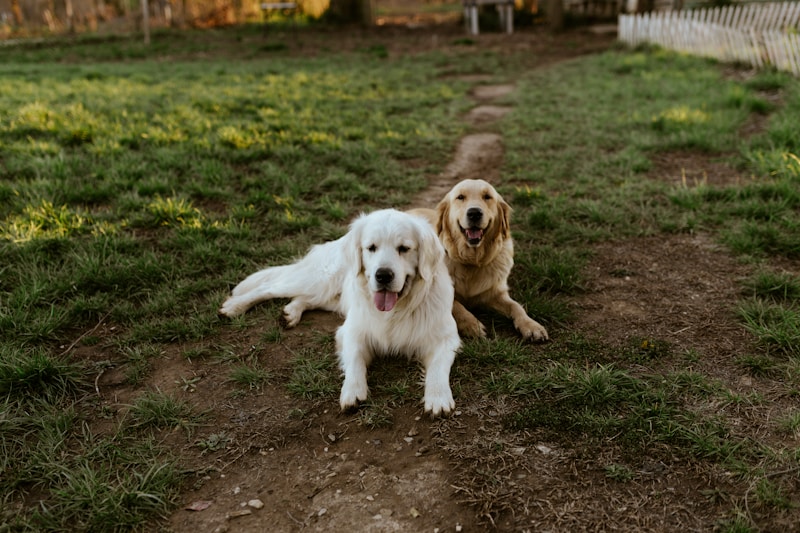Dogs have held a unique place in human hearts and history for thousands of years. Loyal, intelligent, and emotionally attuned to people, they are more than just pets — they are companions, protectors, workers, and, for many, family. The story of dogs is not just one of evolution and domestication, but of deep emotional connection and shared lives.
From Wild Wolves to Beloved Companions
The domestication of dogs began at least 15,000 years ago, though some studies suggest it may have started as far back as 30,000 years ago. The prevailing theory is that certain wolves, less fearful of humans, began lingering near human campsites, scavenging for food scraps. Over generations, these wolves evolved traits more suited to coexisting with humans — gentler temperaments, greater sociability, and even physical changes such as floppy ears and shorter snouts.
Eventually, humans recognized the usefulness of these animals — for guarding, hunting, and companionship — and began selectively breeding them. This process gave rise to the wide variety of breeds we see today, each with its own unique characteristics tailored to specific human needs and environments.
Dogs in Culture and History
Dogs have played prominent roles in many cultures and civilizations. In ancient Egypt, dogs were revered and sometimes even mummified. In Greek and Roman mythology, dogs guarded the underworld, symbolizing protection and loyalty. In China, dogs were considered good luck, and in Native American cultures, they were valued for their spiritual and practical roles.
Dogs have also served in times of war and peace alike. In World War I and II, they were used for carrying messages, locating wounded soldiers, and even detecting mines. In more peaceful times, they’ve assisted herders on farms, protected homes, and hunted game. Today, dogs are still vital workers in roles such as search-and-rescue, law enforcement, and service assistance for individuals with disabilities.
The Emotional Bond Between Humans and Dogs
Perhaps what most distinguishes dogs from other domesticated animals is the profound emotional bond they form with humans. Scientific studies show that when people interact with dogs — petting, playing, or even just making eye contact — both the human and the dog experience a release of oxytocins, the “love hormone” that also plays a role in bonding between mothers and infants.
This deep emotional connection explains why dogs are so effective as therapy animals. They offer comfort and companionship to people dealing with anxiety, depression, PTSD, and other emotional challenges. Their presence alone can lower blood pressure, reduce stress, and even increase feelings of happiness and security.
Dogs also seem uniquely attuned to human emotions. They can sense sadness, fear, and joy, often responding in supportive ways. This sensitivity makes them not only great companions but also incredibly intuitive and trustworthy friends.
The Future of Dogs in Our Lives
As society evolves, so too does our relationship with dogs. In modern urban life, dogs are more likely to be treated as family members than as working animals. They live indoors, sleep on beds, and often eat better than many people around the world. The pet industry, particularly dog-related products and services, is booming — from gourmet dog treats to luxury grooming and even canine mental health care.
Technological advancements are also shaping the way we care for and understand our canine companions. GPS collars help owners track their pets, while pet cams allow for remote monitoring. DNA testing can reveal a dog’s breed mix and potential health issues. Meanwhile, veterinary medicine has made incredible strides, improving the quality and length of dogs’ lives.
However, the increasing humanization of dogs also raises ethical and practical questions. Issues like overbreeding, puppy mills, and the demand for designer breeds have caused suffering for many animals. As dog lovers, it is important to promote responsible breeding, adoption from shelters, and education about dog behavior and needs.
In Conclusion
The story of dogs is inseparable from the story of humanity. From their origins as wolves lingering on the fringes of human camps to their roles as therapy animals and beloved pets today, dogs have journeyed alongside us through the ages. They’ve worked with us, protected us, and loved us unconditionally. Truly, dogs are more than man’s best friend — they are a reflection of our best selves.

